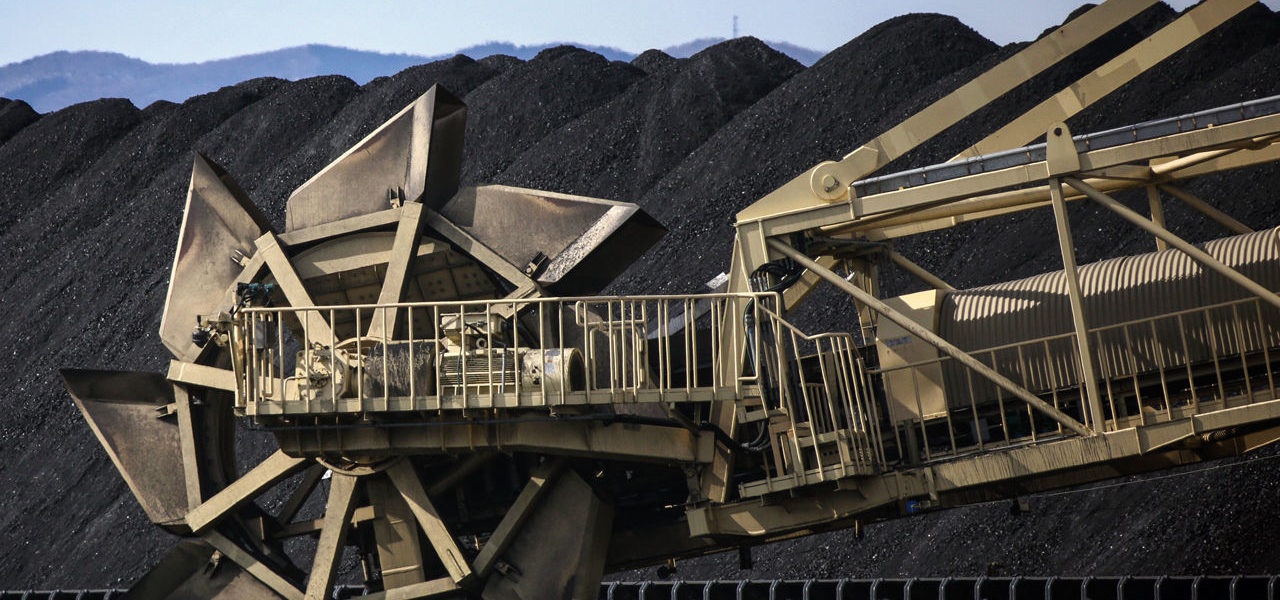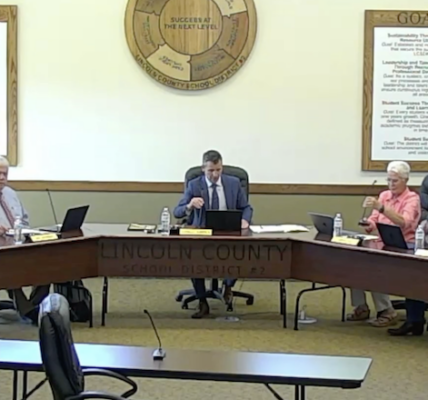By Jonathan Gallardo
Gillette News Record
Via- Wyoming News Exchange
GILLETTE — After taking about two years to increase its technology’s efficiency, Clean Coal Technologies will soon begin testing its process to create a cleaner coal that is viable for export markets and allows it to access coal byproducts.
This year, it will begin testing its technology north of Gillette, with the hopes of building commercial facilities in Campbell County in the future.
Clean Coal Technologies Inc. uses patented technology to convert coal into a cleaner burning and more efficient stabilized solid fuel. In early 2019, UW researchers independently verified the performance of CCTI’s technology.
Over the next four months, the test plant will be reassembled at the Fort Union Industrial Park north of Gillette using local contractors, said Robin Eves, president and CEO of Clean Coal Technologies.
In addition to making coal a “very viable product for the export market,” it also gives the coal industry “the opportunity to access all the different byproducts and chemicals,” Eves said.
The technology was ready to go commercial in 2018, Eves said. But after talking with the University of Wyoming’s School of Energy Resources, which is a partner in the project, they decided to take a couple of years to make the technology even more efficient.
In early August, a 30-ton, $1.3 million counter-current rotary kiln was delivered to Campbell County. The test plant will be connected to the kiln.
The kiln, paid for by UW, makes the process more efficient. The kiln can heat coal up to 1,500 degrees, nearly double the 800 degrees that it was heated up to before. It allows CCTI to better access coal byproducts.
“That’s one thing the rotary kiln has done,” Eves said. “It’s increased capability so much, and to a different range now, it’s not just enhancing coal. (It opens up the) whole possibility of coal refinery.”
Once the kiln is tested and proven, it will allow CCTI to “access all the valuable byproducts, whether it’s carbon, water, oil,” Eves said, adding that eventually it could be used to access rare earth minerals.
If everything goes well, Eves hopes to begin the design process for the first commercial plant in the second quarter of 2021.
Eves said he’s been talking to representatives from the local coal industry who are “very supportive of the project.” He appreciates the “incredible support” from Gillette and Campbell County, who “stuck with us” through this long journey.
“We hope to have the first two or three commercial plants there in Campbell County,” he said.
While the demand for coal nationally has declined over the last few years, it’s grown overseas. With potential in Asian countries such as China, India, Japan and South Korea, it’s vital to have a product that can tap into those export markets.
“We’re advocating a more responsible use of coal. All the coal companies recognize that,” said Sean Mahoney, spokesman for CCTI. “If we’re able to literally remove coal dust from the trains that are transporting PRB coal, that’s an enormous change right there.”
“Coal is definitely here to stay for the foreseeable future,” Eves said.






